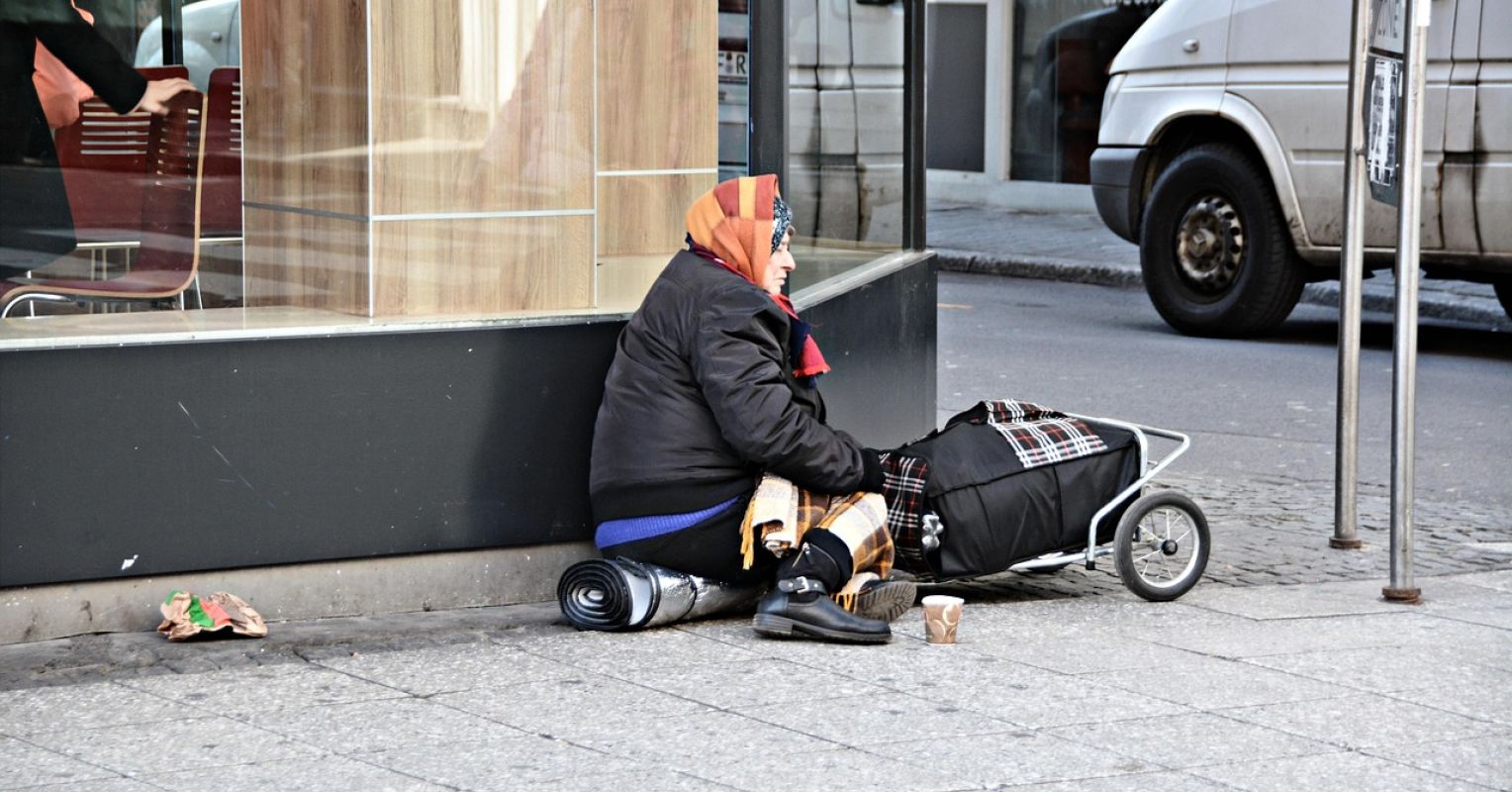
"Recently, President Donald Trump signed an Executive Order to remove the American homeless from the streets. It is my understanding that the order is supposed to facilitate access to individual support, which could significantly improve the lives of people who have been neglected for far too long. When hearing that this administration was interested in solving some of the crisis of the unhoused, I realized my voice could be helpful because of my lived experience, with not only homelessness but also severe untreated mental illness."
"When I was homeless, I had a severe form of schizophrenia that led me to reject all help. I had a number of families that would have welcomed me to live with them, even for free. This included a Chinese-American family that offered me a free bedroom suite in their home and free food, with no strings attached. My parents would have done anything to help."
"There is a great discrepancy between the severely mentally ill and/or drug addicted homeless population that rejects all help, preferring to sleep outside under bridges and on benches, versus healthy persons who have had bad luck, medical bills, loss of jobs, etc. I was very different from a person accepting a place in a homeless shelter, seeking a job, and actively working on rebuilding their life."
President Donald Trump signed an Executive Order to remove the American homeless from the streets and to facilitate access to individualized support that could improve lives. A person experienced homelessness from 2003 to 2007, including 13 months living outdoors, and had a severe form of untreated schizophrenia that led to rejecting help. Multiple families offered housing and food but were turned away due to psychosis. A clear discrepancy exists between chronically mentally ill or addicted individuals who often reject assistance and people who become unhoused due to job loss, medical bills, or bad luck. Several necessary actions must occur for the Executive Order to succeed.
Read at Psychology Today
Unable to calculate read time
Collection
[
|
...
]